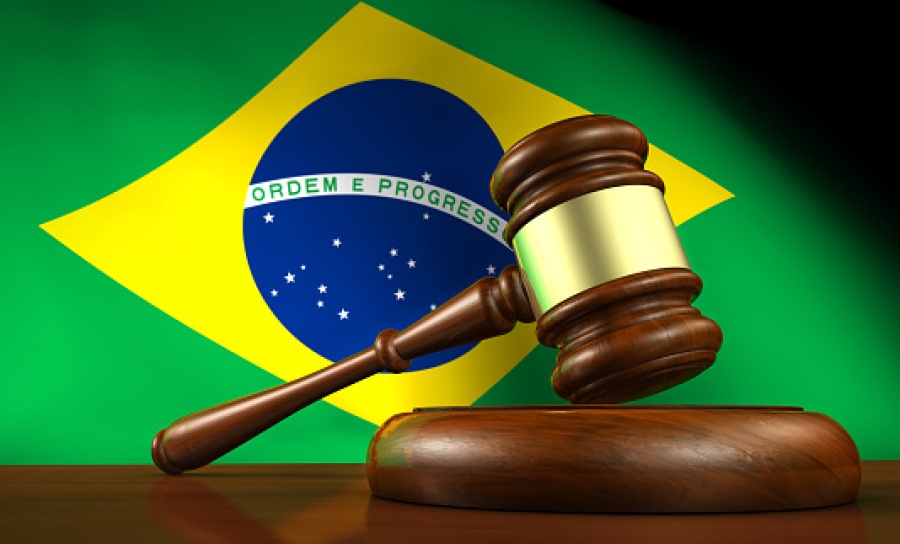
As a response to other cases around the world (like in the United States) and in hopes of stemming joint employer liability by franchisors, the Brazilian Franchise Association (ABF) is pushing legislation to clarify the position of franchisors in relation to their franchisees and the franchisees’ employees.
Part of the bill, characterized as a new Franchise Disclosure Act, states that “a franchise shall not characterize a consumer relationship, ‘economic group,’ nor characterize an employment relationship, between the franchisor and the franchisee or the franchisee’s employees, even during the training period.” The bill has already passed in the country’s House of Representatives and is awaiting approval from the Senate.
The new Franchise Disclosure Act is intended to fill in the gaps left by the original Franchise Disclosure Act. The original act, which entered into Brazilian law in 1994, didn’t regulate the relationship between the parties, and – maybe most importantly – it didn’t explicitly express the liabilities of any of the parties involved. A fact that some employees and labor unions are trying to exploit in current disputes. However, to this point, the Brazilian Labor Courts have traditionally concluded the definition of a franchise within the original act is sufficient enough to not assign joint employer status in many cases.
In Brazil, the level of involvement required by franchisors to be considered a joint employer is high. As Brazilian franchising expert and intellectual property matter specialist Luiz Henrique Do Amaral noted in a March 2017 editorial, “recent research of the Brazilian Superior Labor Courts’ cases show that the excessive interference or control of the franchisor in connection with the franchisee’s business and management may determine joint liability of the franchisor regarding the franchisee’s employees.”
For example, instances that could be considered “excessive interference or control” are if a franchisor:
- determines working hours of the franchisee’s employees and the amount to be paid;
- selects or approves the franchisee’s employees;
- directly manages the franchisee’s business by selecting management individuals; or
- interferes in any way in the franchisee's business management
Similar to the franchising industry’s joint employer situation in the U.S., the highest profile Brazilian case involves McDonald’s. The Brazilian Federal Prosecution Office began a formal investigation of McDonald’s in March 2016 following employee union complaints. The case linked the franchisor, McDonald's, with its Latin American master franchise owner, Arcos Dorados, in probing the chain’s adherence to Brazilian franchising laws as well as possible fiscal violations.
According to Do Amaral, the Brazilian master franchisee of McDonald’s and Federal Prosecution Office have already agreed to a settlement. The settlement, called “Term of Adjustment of Conduct,” provided that actions be taken to adjust the situation of McDonald’s franchisees’ employees, forcing change in labor practices by the entire franchise chain.
With the new Franchise Disclosure Act, the ABF hopes to formally clarify the positions for all parties involved in a franchise agreement and decrease the legal risks of franchising in Brazil.














